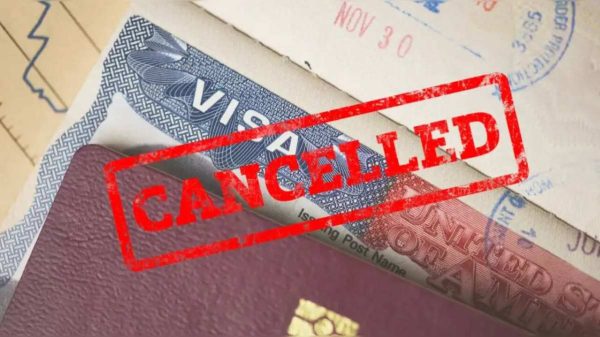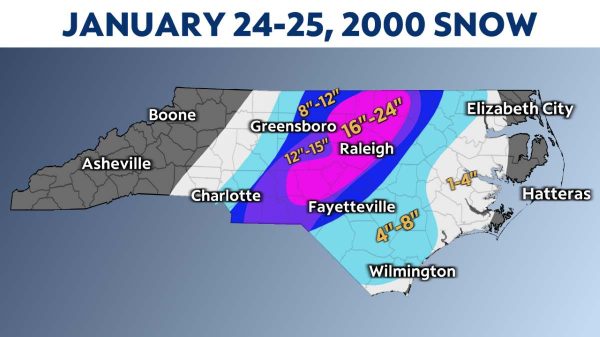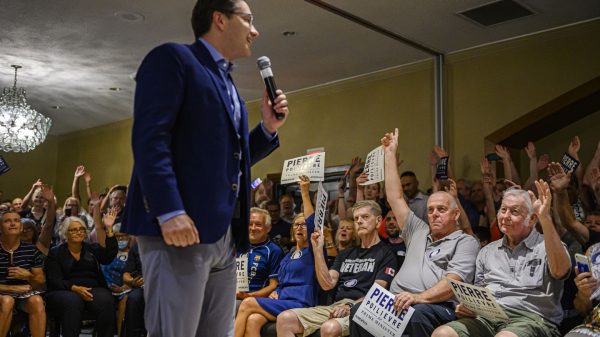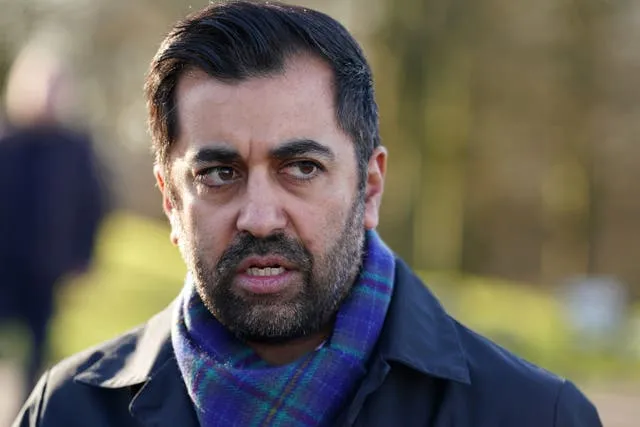Scottish First Minister Humza Yousaf has reiterated his party’s goal to secure a majority of Scottish seats in the upcoming general election to pave the way for an independence referendum. Addressing the SNP’s independence convention in Dundee, Yousaf emphasized that a majority of seats would be a mandate for the UK government to engage in negotiations on Scotland’s independence. He also introduced an “independence manifesto” which would explicitly state that voting for the SNP is direct support for independence.
Yousaf’s strategy is to campaign on a clear and concise message, stating that a vote for the SNP is a vote for an independent Scotland. He believes that this approach would allow the party to “break the logjam” and gain a seat at the negotiating table with the UK government. The First Minister is adamant that if the SNP wins the most seats in the election, the party would seek to negotiate with the UK government on how to give “democratic effect to Scotland becoming an independent nation.”
Despite criticism from opposition parties, Yousaf maintains that the SNP’s approach is distinct from that of his predecessor Nicola Sturgeon, who sought to turn the election into a “de facto referendum” with a 50%+1 threshold for negotiations. Yousaf insists that a majority of seats would be a clear sign of public support for independence.
However, the latest polls suggest that the SNP may struggle to achieve this goal, with a PanelBase poll predicting the party will take 21 of the available 59 Scottish seats, just 14 short of the majority sought by Yousaf. Scottish Labour is projected to win 26 seats, while the Conservatives and Liberal Democrats will likely take seven and five seats respectively.
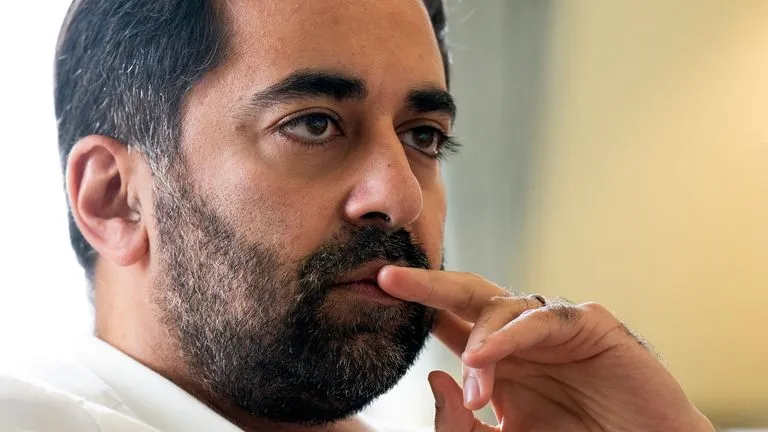
Scotland’s First Minister Humza Yousaf (Via Humza Yousaf/Twitter)
When asked about the implications of a potential loss for the party, Yousaf maintained that the SNP already has a mandate for independence from previous elections and that he is seeking to clarify the party’s position through the independence manifesto. He reiterated that his “plan A” remains to hold an independence referendum.
Meanwhile, Scottish Conservative constitution spokesperson Donald Cameron dismissed Yousaf’s proposal as an “even more extreme version” of Sturgeon’s plans, claiming that the SNP is trying to deflect attention from the party’s internal problems. Cameron alleged that the SNP is prioritizing independence over the concerns of ordinary Scots, who are grappling with the cost-of-living crisis and struggling public services.
The debate surrounding Yousaf’s proposal highlights the complexities and challenges involved in achieving Scottish independence. While some argue that a majority of seats would be a clear mandate for negotiations, others contend that the party is trying to manipulate the electoral process to achieve its goals. As the election approaches, it remains to be seen whether Yousaf’s strategy will bear fruit or whether Scotland will continue to grapple with the question of its constitutional status.

